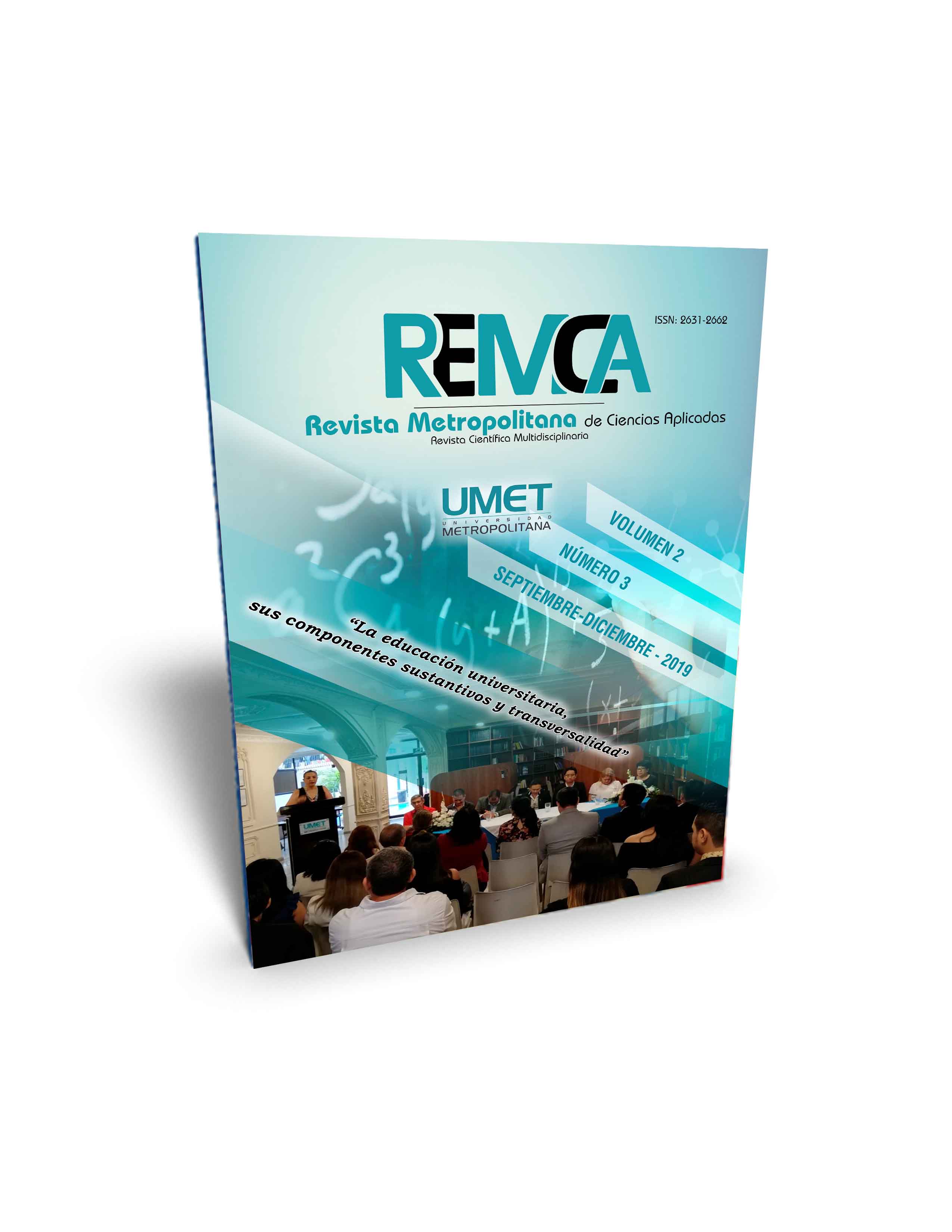System for the follow-up process to graduates in the Universidad Metropolitana del Ecuador
DOI:
https://doi.org/10.62452/8zkrbp66Keywords:
Graduates, surveys, satisfaction status, employers, professionalsAbstract
This paper establishes the legal guidelines that lead to the creation of satisfaction measurement instruments (Surveys) to be applied to the graduates of each one of the careers of the Universidad Metropolitana del Ecuador (UMET), as well as to the employers of students of the UMET and branch professionals related or not to the University. Some of the instruments designed are shown in this research and the tools used in the implementation of surveys are defined online and accessible at all times. The different options of the online computer system implemented for the submission of surveys, the collection of the data, as well as the analysis thereof, are exposed; with the presentation of tabular and graphical reports, thus fulfilling the requirements established by the Higher Education Quality Assurance Board (CACES) regarding the follow-up process to graduates in Higher Education in Ecuador.
Downloads
References
Brito, M. L., & González, V. (2016). Manual de procedimiento de seguimiento a graduados de la Universidad Metropolitana del Ecuador. Guayaquil: UMET.
Ecuador. Consejo de Educación Superior. (2010). Ley Organica de la Ecucacion Superior. Quito: CES.
Ecuador. Consejo de Educación Superior. (2018). CES. Reglamento General de la LOES. Recuperado de http://www.ces.gob.ec/index.php?option=com_phocadownload&view=file&id=652&Itemid=565
Downloads
Published
Issue
Section
License
Copyright (c) 2019 Tonysé de La Rosa Martín, María Lucía Brito Vallina, Vilma Eugenia González Morales (Autor/a)

This work is licensed under a Creative Commons Attribution-NonCommercial-ShareAlike 4.0 International License.
Authors who publish in Revista Metropolitana de Ciencias Aplicadas (REMCA), agree to the following terms:
1. Copyright
Authors retain unrestricted copyright to their work. Authors grant the journal the right of first publication. To this end, they assign the journal non-exclusive exploitation rights (reproduction, distribution, public communication, and transformation). Authors may enter into additional agreements for the non-exclusive distribution of the version of the work published in the journal, provided that acknowledgment of its initial publication in this journal is given.
© The authors.
2. License
The articles are published in the journal under the Creative Commons Attribution-NonCommercial-ShareAlike 4.0 International License (CC BY-NC-SA 4.0). The terms can be found at: https://creativecommons.org/licenses/by-nc-sa/4.0/deed.en
This license allows:
- Sharing: Copying and redistributing the material in any medium or format.
- Adapting: Remixing, transforming, and building upon the material.
Under the following terms:
- Attribution: You must give appropriate credit, provide a link to the license, and indicate if any changes were made. You may do this in any reasonable manner, but not in any way that suggests the licensor endorses or sponsors your use.
- NonCommercial: You may not use the material for commercial purposes.
- ShareAlike: If you remix, transform, or build upon the material, you must distribute your creation under the same license as the original work.
There are no additional restrictions. You may not apply legal terms or technological measures that legally restrict others from doing anything the license permits.




